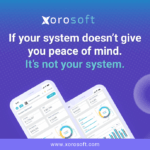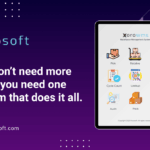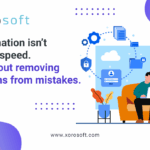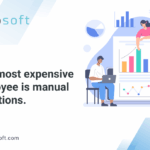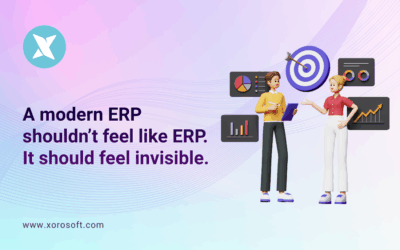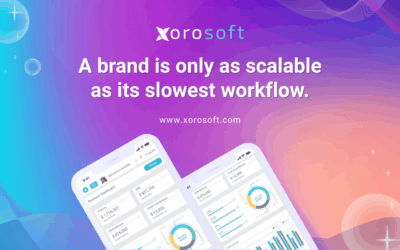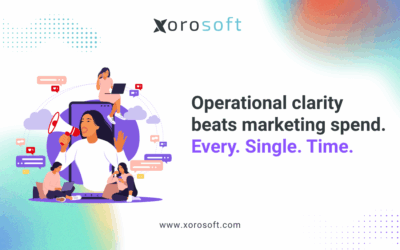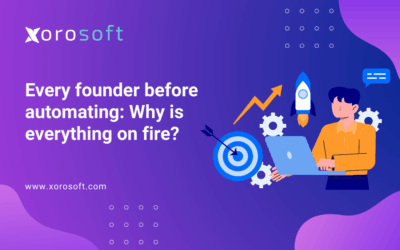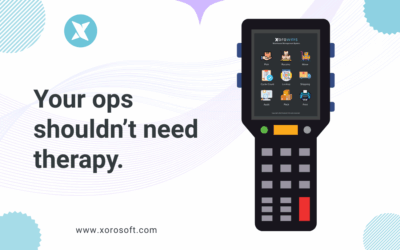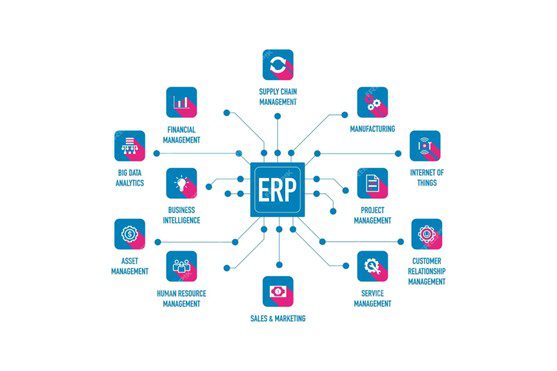
Introduction to Business Intelligence and ERP Systems
In today’s fast-paced business world, information is power. The ability to gather, analyze, and interpret data can be the difference between success and failure. This is where Business Intelligence (BI) comes into play. Business Intelligence refers to the strategies and technologies used by companies to collect and analyze data, and then use that information to make informed decisions. One crucial component of a comprehensive BI strategy is an ERP system.
An ERP system, which stands for Enterprise Resource Planning, is a software application that integrates all the core business processes of an organization into a single system. It allows companies to streamline their operations, improve efficiency, and gain a competitive edge. One of the key functionalities of an ERP system is its ability to generate comprehensive reports that provide valuable insights into various aspects of the business.
The Importance of Reporting in Business
Reporting is a critical aspect of running a successful business. It provides management with the information they need to make informed decisions and monitor the company’s performance. Reports can range from financial statements and sales forecasts to inventory levels and customer satisfaction metrics. Without accurate and timely reports, businesses would be flying blind, making decisions based on guesswork rather than data.
With the right reporting tools and systems in place, businesses can gain a deeper understanding of their operations, identify trends and patterns, and uncover opportunities for growth. Reporting also plays a vital role in compliance and regulatory requirements, ensuring that companies meet legal and financial obligations. In short, reporting is the backbone of business intelligence, allowing organizations to unlock valuable insights that drive success.
What is an ERP System and How Does it Work?
An ERP system is a software solution that integrates and automates various business processes such as inventory management, accounting, human resources, and customer relationship management. It acts as a central hub, connecting different departments and functions within an organization. By consolidating data from various sources, an ERP system provides a unified view of the business, enabling better decision-making and improved efficiency.
The core functionality of an ERP system lies in its ability to capture, store, and process data from different business functions. This data is then transformed into meaningful insights and presented in the form of reports and dashboards. These reports can be customized to meet the specific needs of different users, providing them with the information they need to perform their roles effectively. With an ERP system, businesses can eliminate the need for manual data entry and redundant processes, reducing errors and saving time.
Benefits of Implementing an ERP System
Implementing an ERP system offers numerous benefits for businesses of all sizes and industries. One of the key advantages is improved efficiency. By automating routine tasks and streamlining business processes, an ERP system enables employees to focus on value-added activities, such as strategic planning and customer service. This increased productivity translates into cost savings and a competitive advantage.
Another benefit of an ERP system is enhanced visibility and control. With real-time access to accurate data, managers can monitor key performance indicators and make informed decisions. This visibility extends across the entire organization, allowing different departments to collaborate and share information seamlessly. Decision-makers can also drill down into the data, gaining insights into the underlying factors driving performance.
Furthermore, an ERP system promotes data integrity and accuracy. By centralizing data in a single database, businesses can eliminate data silos and ensure consistency across different functions. This not only reduces the risk of errors but also enables better data analysis and reporting. With reliable data, organizations can trust the insights generated by their ERP system, leading to more confident decision-making.
Introducing XoroERP: A Complete ERP Solution
XoroERP is a leading provider of ERP solutions, designed to meet the unique needs of modern businesses. With its comprehensive suite of features and user-friendly interface, XoroERP is transforming the way companies manage their operations, streamline processes, and gain insights into their business performance.
One of the key strengths of XoroERP is its robust reporting capabilities. The system offers a wide range of pre-built reports, covering various aspects of the business, such as sales, inventory, finance, and production. These reports can be customized to include specific metrics and dimensions, providing users with the flexibility they need to monitor and analyze their data effectively. XoroERP also offers interactive dashboards, allowing users to visualize data in real-time and gain actionable insights at a glance.
How XoroERP Transforms Reporting and Business Intelligence
XoroERP goes beyond traditional reporting tools by incorporating advanced analytics and business intelligence features. With its powerful data modeling capabilities, XoroERP allows users to create complex reports and perform in-depth analysis. Users can drill down into the data, apply filters, and perform calculations, uncovering hidden trends and patterns that can drive business growth.
XoroERP also offers predictive analytics, enabling businesses to forecast future trends and make proactive decisions. By leveraging historical data and applying statistical models, the system can predict demand, identify potential risks, and optimize resource allocation. This predictive capability gives organizations a competitive edge, allowing them to stay ahead of the curve and seize opportunities before their competitors.
Key Features of XoroERP’s ERP System
XoroERP’s ERP system offers a wide range of features that empower businesses to unlock the full potential of their data. Some key features include:
Streamlining Inventory Management with XoroERP
Inventory management is a critical function for businesses of all sizes. XoroERP’s ERP system provides powerful tools for managing inventory, including real-time visibility into stock levels, automated replenishment, and demand forecasting. With XoroERP, businesses can optimize their inventory levels, reduce carrying costs, and ensure timely delivery to customers.
Simplifying Accounting Processes with XoroERP
Accounting is another crucial aspect of running a business. XoroERP’s ERP system offers comprehensive accounting functionality, including general ledger, accounts payable, and accounts receivable. The system automates routine accounting tasks, such as journal entries and financial statement generation, saving time and reducing the risk of errors. XoroERP also integrates with popular accounting software, ensuring seamless data flow and accurate financial reporting.
Why Choose Xorosoft for Your ERP Solution?
Xorosoft is a trusted provider of ERP solutions, known for its commitment to customer success and innovation. When choosing an ERP system, it is essential to partner with a vendor that understands your business needs and can provide ongoing support. Xorosoft offers a range of services, from implementation and training to technical support and system upgrades. With Xorosoft, businesses can rest assured that they have a reliable partner throughout their ERP journey.
Xorosoft’s Additional Services and Support
In addition to its ERP system, Xorosoft offers a range of additional services and support to help businesses maximize the value of their investment. These services include system customization, data migration, and staff training. Xorosoft also provides ongoing technical support and regular software updates to ensure that customers always have access to the latest features and enhancements.
Conclusion: Unlock the Power of Business Intelligence with XoroERP
In today’s data-driven business environment, the ability to harness the power of Business Intelligence is crucial for success. By implementing an ERP system like XoroERP, businesses can transform their reporting capabilities and gain valuable insights into their operations. XoroERP’s comprehensive suite of features, advanced analytics, and user-friendly interface make it a powerful tool for businesses of all sizes. Whether you are looking to streamline inventory management, simplify accounting processes, or gain a unified view of your business, XoroERP has the solution for you. To experience the power of XoroERP firsthand, book a demo with Xorosoft today.
